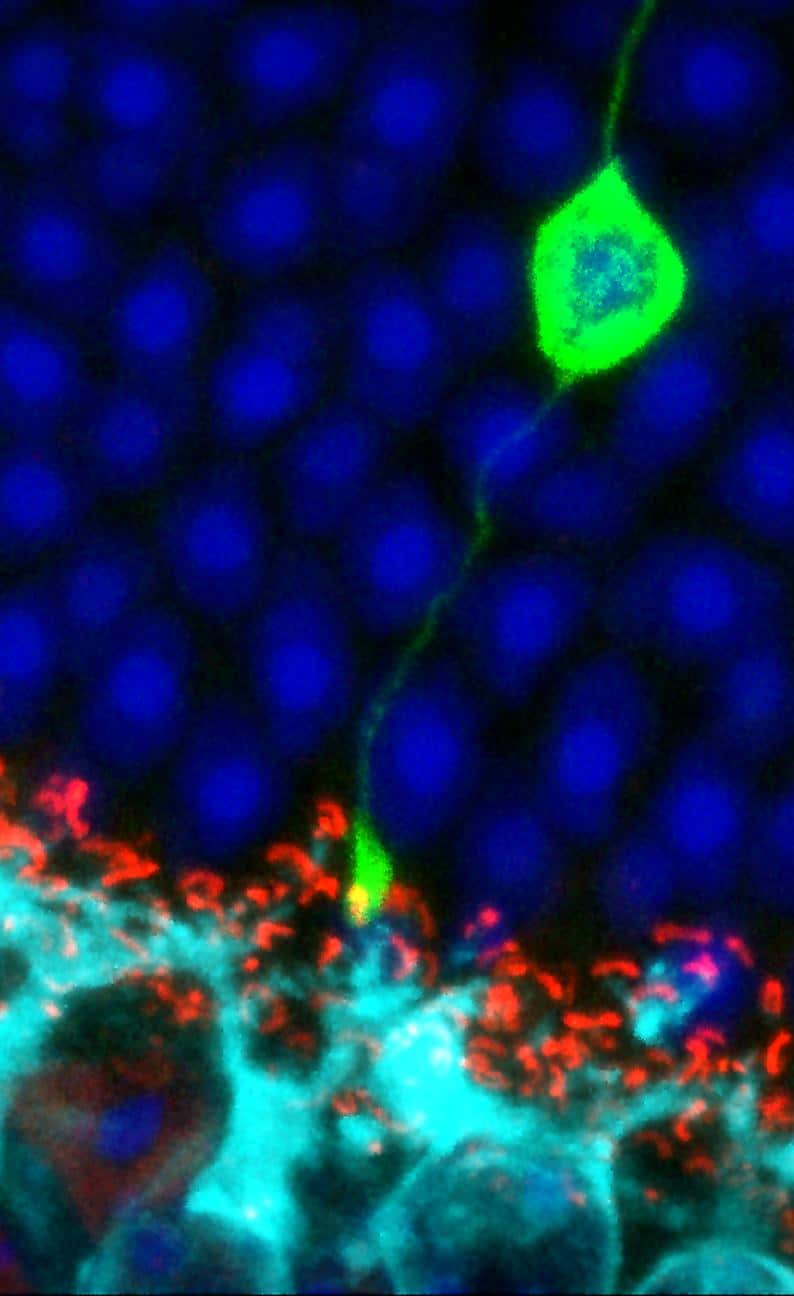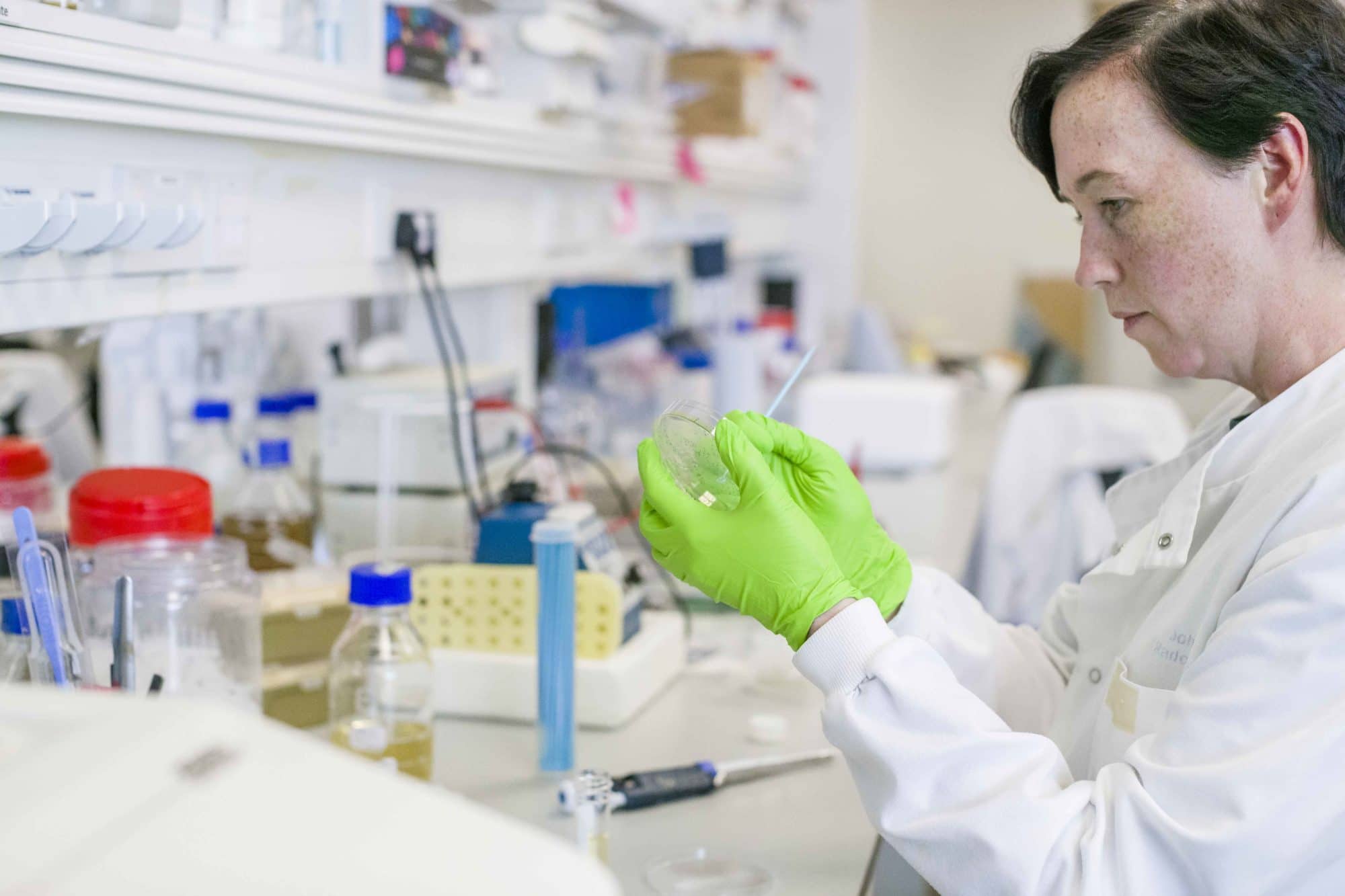
Stem cells
Stem cells are a special type of cell, which under the right conditions can be encouraged to grow into any other type of cell in the body, including retinal cells (rods, cones and retinal pigment epithelial cells).
Search results

Stem cells are a special type of cell, which under the right conditions can be encouraged to grow into any other type of cell in the body, including retinal cells (rods, cones and retinal pigment epithelial cells).
Biotechnology company ProQR has announced encouraging results from its phase 1/2 clinical trial of an innovative treatment for sight loss caused by faults in a specific section of the USH2A gene.

Retina UK has invested more than £16million into cutting-edge research since the charity was founded in 1976.

We are proud to work collaboratively with a number of corporate partners to enable our community to live fulfilled lives today as well as supporting the pharmaceutical industry in their mission to develop potential new treatments.

Prof John Marshall is the Frost Professor of Ophthalmology at the Institute of Ophthalmology at University College London.
A discovery made as part of research funded by Retina UK has led to a prestigious award of $2.5 million, enabling scientists to undertake more in-depth investigations and work towards a treatment for a particular type of retinitis pigmentosa.
The collective partnership of eight of the leading charities in the sight loss sector, known for the last three years as the VI Charity Sector Partnership, has re-launched under a new identity of the ‘Vision Partnership’ with a re-invigorated purpose and new strategic focus.
Join our upcoming webinar to find out how you can get involved and fundraise for Retina UK this year.
Join our upcoming webinar to hear from our Fundraising manager James Clarke, as he talks to some of our 2025 London Marathon runners!